The British Slave Trade and Public Memory
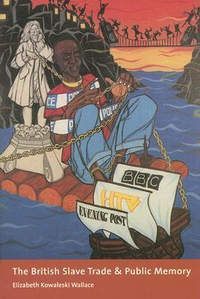
Summary
How does a contemporary society restore to its public memory a momentous event like its own participation in transatlantic slavery? What are the stakes of once more restoring the slave trade to public memory? What can be learned from this history? Elizabeth Kowaleski Wallace explores these questions in her study of depictions and remembrances of British involvement in the slave trade. Skillfully incorporating a range of material, Wallace discusses and analyzes how museum exhibits, novels, television shows, movies, and a play created and produced in Britain from 1990 to 2000 grappled with the subject of slavery.
Topics discussed include a walking tour in the former slave-trading port of Bristol; novels by Caryl Phillips and Barry Unsworth; a television adaptation of Jane Austen's Mansfield Park ; and a revival of Aphra Behn's Oroonoko for the Royal Shakespeare Company. In each case, Wallace reveals how these works and performances illuminate and obscure the history of the slave trade and its legacy. While Wallace focuses on Britain, her work also speaks to questions of how the United States and other nations remember inglorious chapters from their past.
Similar Books
-
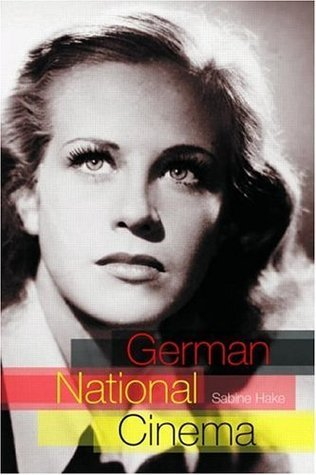 German National Cinema
German National Cinemaby Sabine Hake
-
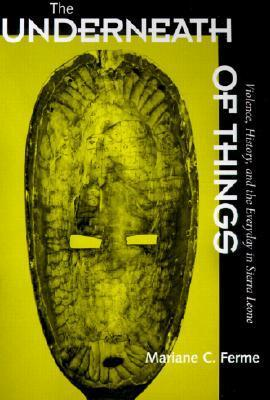
-
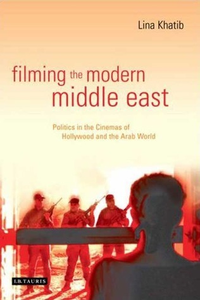
-
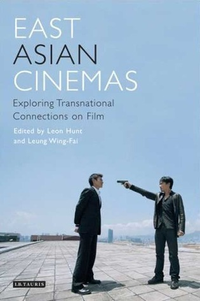
-
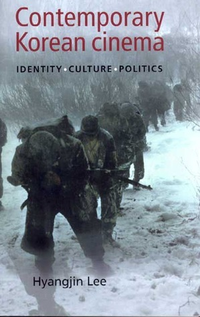 Contemporary Korean cinema: Culture, identity and politics
Contemporary Korean cinema: Culture, identity and politicsby Hyangjin Lee
-
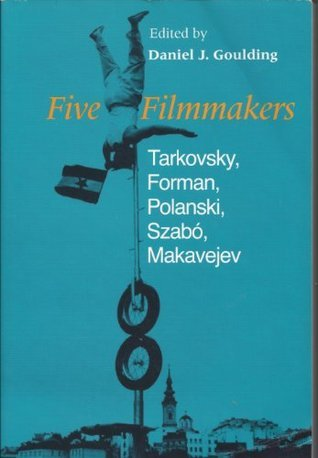 Five Filmmakers: Tarkovsky, Forman, Polanski, Szabo, Makavejev
Five Filmmakers: Tarkovsky, Forman, Polanski, Szabo, Makavejevby Daniel J. Goulding
-
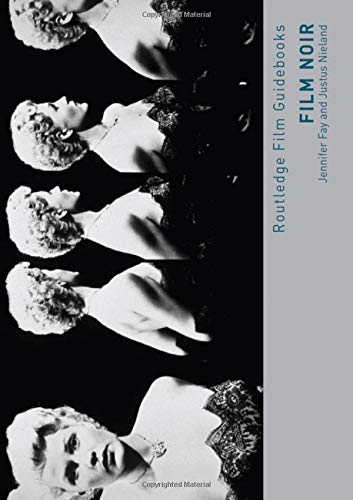
-
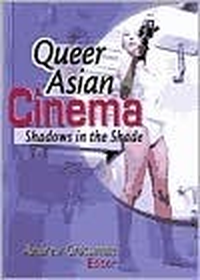 Queer Asian Cinema: Shadows in the Shade
Queer Asian Cinema: Shadows in the Shadeby Andrew Grossman
-
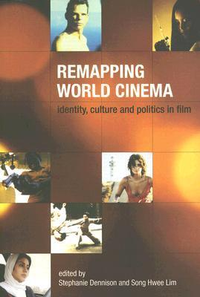 Remapping World Cinema: Identity, Culture, and Politics in Film
Remapping World Cinema: Identity, Culture, and Politics in Filmby Song Hwee Lim
-
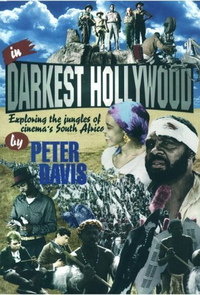
-
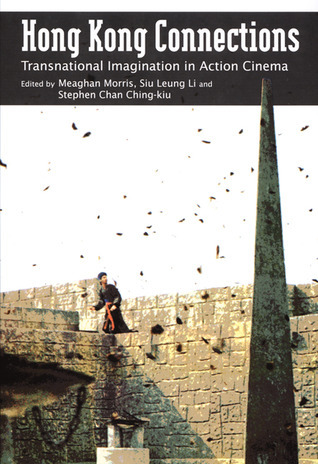 Hong Kong Connections: Transnational Imagination in Action Cinema
Hong Kong Connections: Transnational Imagination in Action Cinemaby Meaghan Morris
-
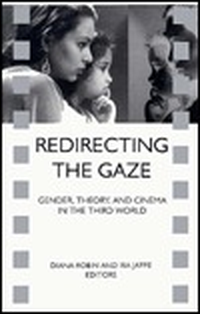
-
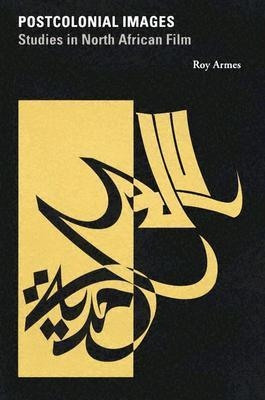 Postcolonial Images: Studies in North African Film
Postcolonial Images: Studies in North African Filmby Roy Armes
-

-
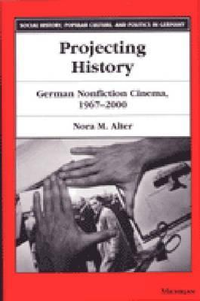 Projecting History: German Nonfiction Cinema, 1967-2000
Projecting History: German Nonfiction Cinema, 1967-2000by Nora M. Alter